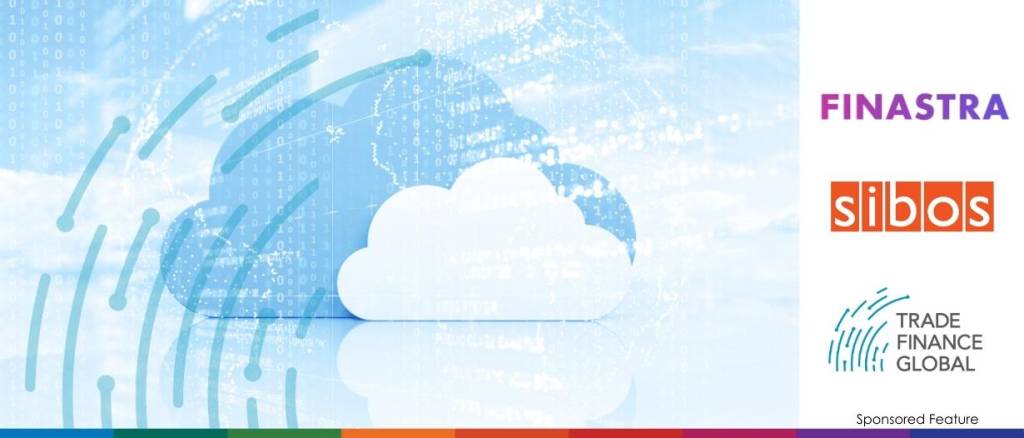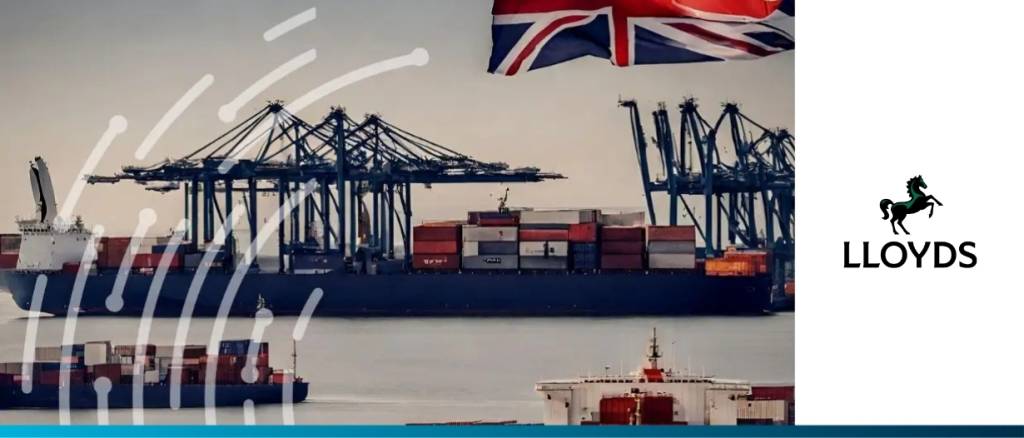In a recent conversation at Sibos, Toronto, TFG’s Deepesh Patel sat down with Steven Beck, Head of Trade and Supply Chain Finance at the Asian Development Bank (ADB). Together, they explore the reasons behind the staggering expansion of the trade finance gap, which has now reached a staggering $2.5 trillion.
Live from Sibos in Toronto, TFG’s Deepesh Patel spoke with Tracey Black, the CEO and President of Payments Canada. In a financial sector renowned for its stability and robust regulatory environment, Payments Canada has been entrusted with the pivotal task of modernising payment systems.
In a rapidly evolving world, where businesses are constantly seeking ways to streamline their operations and enhance efficiency, the trade finance sector is no exception.
At Sibos Toronto, TFG’s Deepesh Patel spoke with Rogier van Lammeren, Managing Director, Head of Trade & Working Capital Products at Lloyds Bank, and Patrik Zekkar, CEO of Enigio.
The German branch of the International Chamber of Commerce, ICC Germany, in collaboration with financial technology firm MonetaGo, has released a report stating that digitalisation is key to combating global… read more →
Lloyds Bank published its “Trade Insights: The changing face of UK trade” report, offering a comprehensive analysis of the evolving landscape of UK trade. The report highlights the transformative changes… read more →
During ICISA’s Trade Credit Insurance Week 2023, CEO and co-founder of Tinubu, Olivier Placca, will speak to the conference about leveraging Artificial Intelligence (AI) for Trade Credit Insurance Advantages. This… read more →
Both CargoX and Enigio, who operate as independent providers of electronic trade document solutions, have jointly engineered and successfully demonstrated the ability to exchange original electronic trade documents. The document… read more →
A recent report by McKinsey & Company on the global payments industry reveals significant growth and optimistic future prospects. The 2023 McKinsey Global Payments Report provides an analysis of the… read more →
As our world becomes increasingly digital, the digital divide has widespread implications, and the least developed countries (LDCs) are most likely to be negatively affected.
























